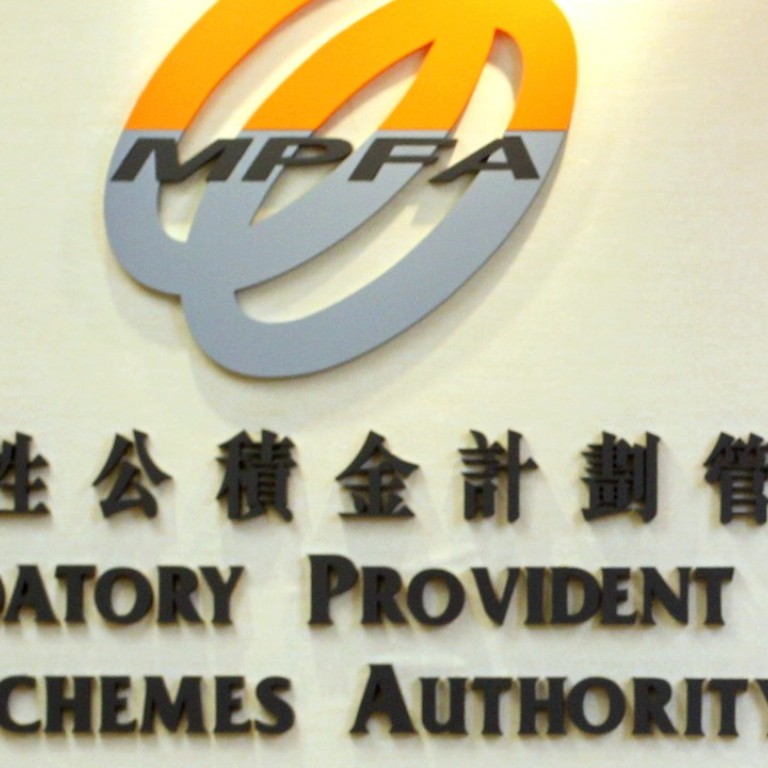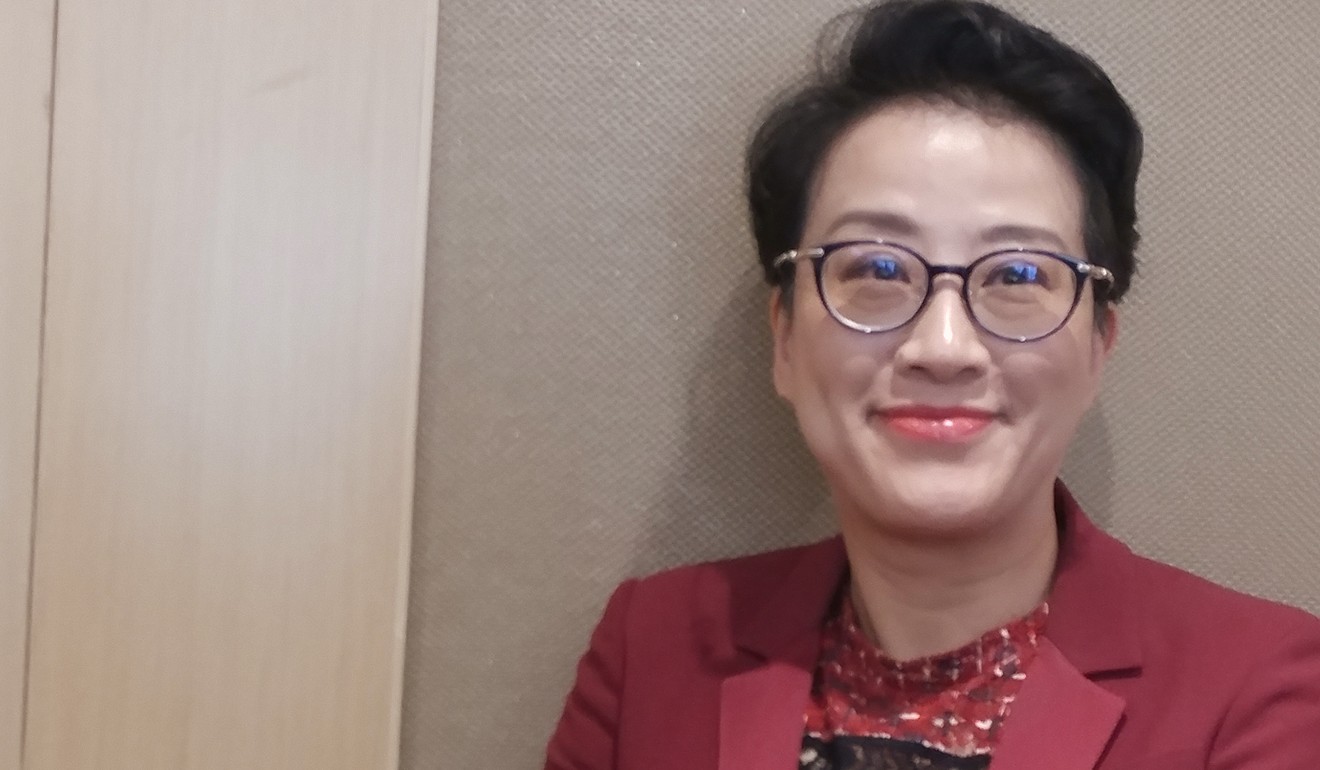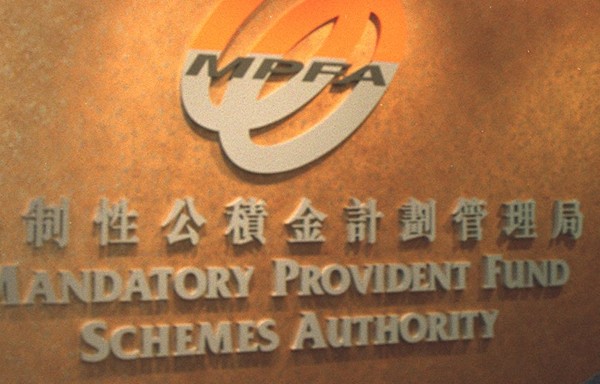
Exclusive | US$100bn MPF’s performance falls under the spotlight as governing authority proposes raft of new measures to improve returns
Measures include more independent board members for all 14 of MPF pension investment providers, and the possibility of performance targets for them
Hong Kong’s pension regulator is set to update its regulatory guidelines next year covering the city’s Mandatory Provident Fund, in an effort to make the employee pension scheme cheaper and improve its investment performance.
The Mandatory Provident Fund Schemes Authority (MPFA) says it is now requesting all 14 of its pension investment providers to add more independent directors to their boards of directors, and is asking for increased scrutiny of the performance of the managers responsible for funds offered to members of the HK$780 billion (US$100 billion) retirement plan.
The guidelines will be issued early in the new year, but the first of what will be a series of governance workshops is due to be held on Tuesday by the MPFA, involving representatives from all 14 providers – which include HSBC, Manulife and AIA – to map out how it hopes the MPF might can be more successful.
“The MPF schemes have accumulated total assets worth HK$780 billion. Each of the providers are managing billions of people’s assets,” Alice Law Shing-mui, the authority’s chief operating officer and executive director, told South China Morning Post.

“We want MPF trustees to run their own schemes more cost-effectively and to upgrade their quality of service to ensure better returns,” added Law.
“Overseas experience has shown us that the best way for pension funds to achieve better performance, is first to improve the management and governance of the providers.”
Launched in 2000, the MPF covers 2.8 million employees and self-employed people in Hong Kong, but it has come under continued criticism for charging fees that are too high, on top of delivering poor investment performance.
The authority’s efforts will first shine a light on improving the constituent fund’s board structures.
Hong Kong law currently requires each pension provider to have at least five directors on board including one independent not employed by the fund’s own managing team.
We want MPF trustees to run their own schemes more cost-effectively and to upgrade their quality of service to ensure better returns
But that structure is nearly 20 years old, while similar state pension schemes – such as in Australia – now require half of their board members to be independent.
“Independent directors play an important role in ensuring a fund’s proper governance. Many of those sole independent directors have told us they feel isolated in their roles,” Law said.
Of the 14, just one has three independent directors on its board, with most others sticking rigidly to the one-board-director minimum requirement.
Joseph Lee Kai-wang, head of trustee supervision at the MPFA, said some providers concede they do not even hold face-to-face board meetings, but simply operate by circulating the necessary documents to directors.
‘This is definitely not ideal. Companies should have regular board meeting to discuss how to better manage these companies,” Lee said.
The MPFA is also urging the fund managers involved to set up separate MPF investment committees, and set strict targets for constituent investment funds.
“If some fund managers are found to consistently miss their targets, and seriously underperform against competitive funds, the MPF trustees will not hesitate in taking tough action to make sure they up their game, or even consider changing investment managers to safeguard the interests of the members,” she said.

In its close examination of how the 14 funds were run, the authority found some trustees took far too short term a view of their performance, in some cases just months, which does not fit the long-term investment philosophy which has always been encouraged in the past by the authority.
Another likely measure is that fund trustees will have to prove they are investing in the very latest investment technology to speed up administration times, to defend against cyberattacks and to increase the quality of service offered to members, she said.
Kenrick Chung Kin-keung, director of MPF business development at Convoy Financial Services, said he supported the MPFA’s plans.
It would be good to see more independent directors join the boards, as that would add stronger checks and balances to the system
“It would be good to see more independent directors join the boards, as that would add stronger checks and balances to the system,” Chung said.
But he also underlined the view that under stricter regulation, the MPFA itself has a duty to help improve the performance of the scheme.
“The MPFA is very restrictive in approving any new MPF funds and that has meant some fund management companies have found it hard to develop new MPF products that are able to achieve better performances,” Chung said.
He noted that medical and health stocks, for instance, has been rising strongly on markets worldwide, but that just one MPF fund currently invests in the sector.
“In addition, it would be helpful if the authority was also willing to offer performance-related incentive fees to the fund managers, which I feel sure would lead to better performance.”

